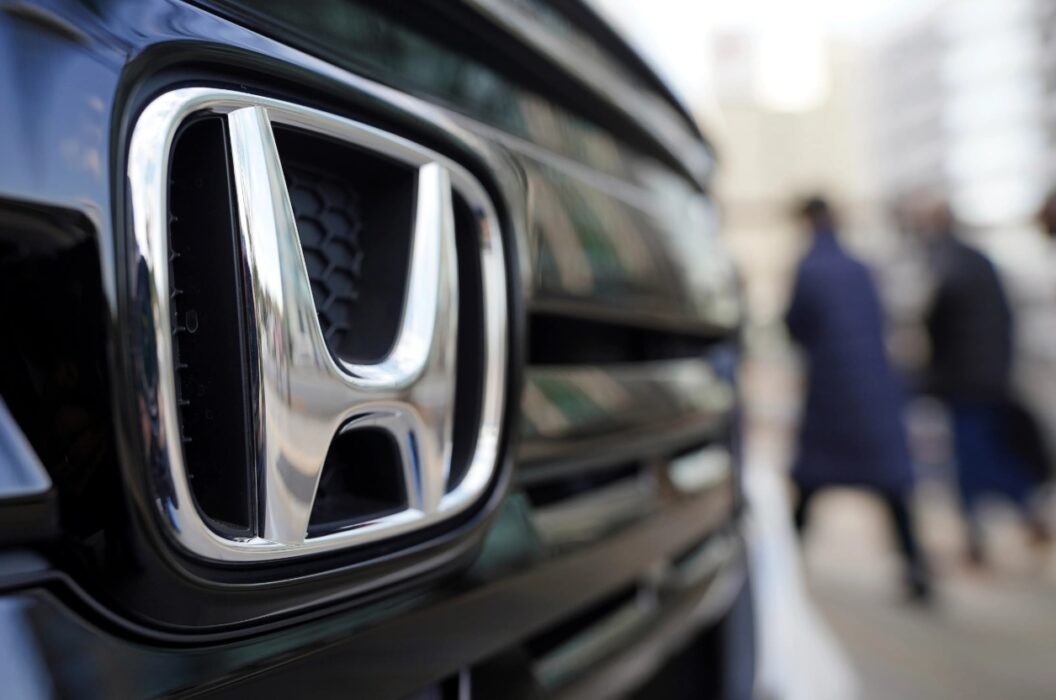Honda has made a pivotal decision to shift production of its next-generation Civic hybrid to Indiana, rather than Mexico, in response to looming U.S. tariffs expected to take effect this week. The move marks a significant adjustment in global supply chains, as Japanese automakers and other international manufacturers prepare for potential economic fallout from President Donald Trump’s trade policies.
The Civic, one of Honda’s top-selling models, was originally slated for production in Mexico, a lower-cost manufacturing hub that has long served as an attractive alternative to the higher wages in the United States and Canada.
However, with the White House signaling a possible 25% tariff on Mexican imports, Honda has decided to move operations to the U.S., making it the first Japanese automaker to directly reorient production in anticipation of Trump’s trade measures.
New tariffs on Mexico and Canada are set to take effect on Tuesday, though the exact percentage remains uncertain. Commerce Secretary Howard Lutnick confirmed that the administration is still weighing its options, leaving room for potential negotiation with both countries. “There are going to be tariffs on Tuesday on Mexico and Canada. Exactly what they are, we’re going to leave that for the president and his team to negotiate,” Lutnick stated on Sunday.
I had the pleasure this morning to join @MariaBartiromo to discuss how the Trump Administration is Making America Great Again by securing the border, imposing tariffs, strengthening our economy, and standing up for the American people on the world stage. pic.twitter.com/Mbt65fw7sU
— Howard Lutnick (@howardlutnick) March 2, 2025
Trump’s tariff strategy is part of a broader effort to address border security and the influx of illicit drugs, particularly fentanyl, from China. While his administration acknowledges progress in curbing illegal immigration from Mexico, officials insist that additional measures are necessary to cut off the flow of dangerous substances into the United States.
In addition to potential tariffs on automobiles, the administration has announced a sweeping 25% tariff on all steel and aluminum imports, set to take effect on March 12. This move is likely to have widespread implications for multiple industries, including automotive manufacturing, construction, and consumer goods.
Honda’s strategic shift underscores the real-world impact of trade policy on global business decisions. The company now plans to launch Civic hybrid production in Indiana by May 2028, with an annual output of approximately 210,000 units. If domestic supply falls short, Honda will look to import vehicles from countries unaffected by the tariffs, a sign that companies are actively seeking to mitigate economic uncertainty.
Meanwhile, Canada and Mexico have signaled their intent to retaliate if Trump follows through with his tariff threat. Canadian Prime Minister Justin Trudeau has outlined plans for $100 billion in countermeasures against U.S. goods should Canada be targeted. Mexico is also expected to respond, raising the prospect of escalating trade tensions between the three North American economies.

